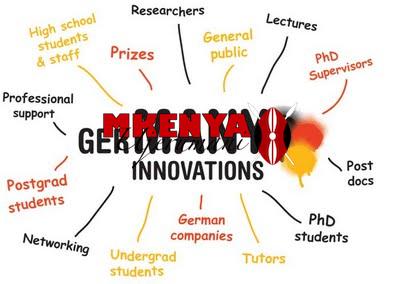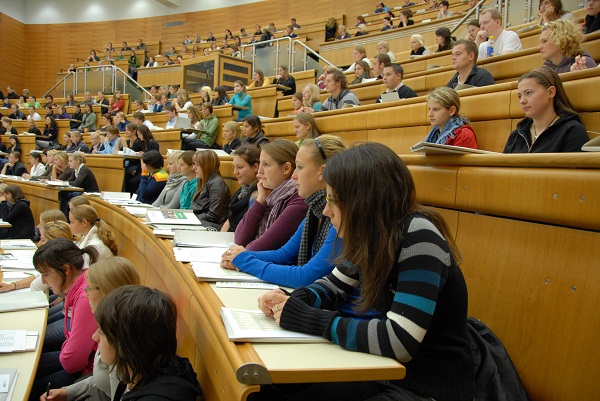Well I won’t get into the whole education system from kindergarten but instead just what would be relevant to Kenyans migrating after their KCSE in Kenya.You can read about the whole system here: German Education System Simplified.
Contents
Language School:
This must be the easiest of all the rest, considering the only major requirement is money in an account or sponsor. To apply for a visa for this purpose you need to find a language school in Germany, not necessarily Goethe though it has to be reputable (some Bundesländer do not approve the language courses at the VHS so check with your Auslandsamt before that).
The embassy in Nairobi used to approve visas for those that enrolled to VHS for the language classes but for those changing from Au Pair to language school visa, this used to be a problem in some towns. So like with everything else that differs from one Bund to the other, please confirm with the Auslandsamt before you set all your plans on going to the VHS.
Ausbildung:
This is the equivalent to an apprenticeship, whereby you get to go to school for the theory while you simultaneously work to pick up the practical. You still get to have a few internships to try out different sectors of your field before you complete the Ausbildung.
After the Ausbildung you have the option to “bridge” to University, depending on your field you can either join Uni directly afterwards or after another 2year course to become a “Meister”. More often than not, people do get jobs right after their Ausbildung but that depends a lot of the field and the area you’re based in due the supply-demand rule. The further learning is nice but it doesn’t necessarily mean you’ll move higher in the corporate ladder eventually; of course the higher level of education does in most cases ensure a higher starting salary but what matters most is that you like what you do and are good at what you do. Everyday is a learning day anyway.
Requirements:
- Any grade in your KCSE but it needs to be converted to the German equivalent by the “Anerkennungsstelle” in your Region/Bundesland. This can only be done when you are in Germany. Find the list of Anerkennungsstellen here.
- Good enough german to be able to communicate, atleast a B1 or B2
University:
Germany recently converted their University system to the universal Bachelor-Master system from the former Diplom. There have been many discussions about which is better but that’s a discussion for another day.
Requirements:
- Atleast a C+ in KCSE or if you have below a C+ then atleast a year of bridging at a reputable and known college/university/polytechnic in Kenya
- At least a B1 if you’re in an international programme (for the DAAD scholars, DAAD pays for the language course upto B1 before you start your program and any further learning of the language that you may wish to undertake during the programme); or DSH2 for the national program (This requirement isn’t cast on stone so please confirm with your University.) A list of International programs offered in Germany can be found on the daad website at http://www.daad.de/
- For those applying for their Masters, you need a degree from a reputable university. Check your university at http://www.anabin.de/ For Kenya check here








